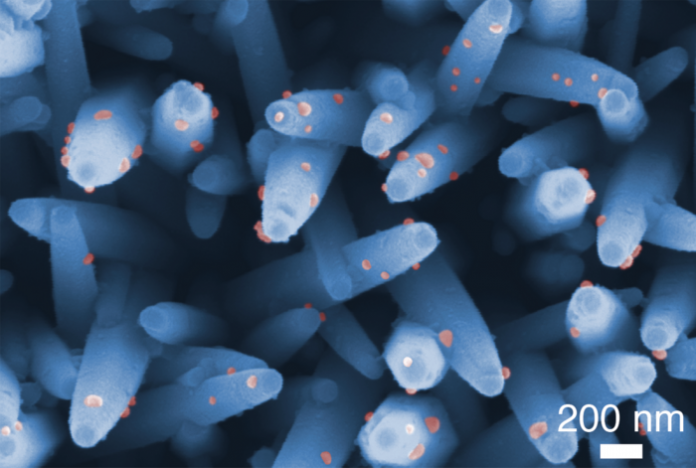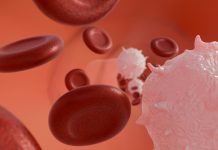Researchers have revealed a new and non-invasive way to detect brain tumours through a device that identifies a key membrane protein in a patient’s urine
A team from Nagoya University in Japan has discovered a protein that could be used to detect brain tumours, avoiding the need for invasive tests and increasing the likelihood of tumours from a number of cancer types being detected early enough for surgery.
The importance of early cancer detection
Although early detection of many types of cancer has contributed to the recent increases in cancer survival rates, the survival rate for brain tumours has remained almost unchanged for over 20 years. This is partly due to their late detection.
Medical professionals often discover brain tumours following the onset of neurological symptoms such as loss of movement or speech. However, once these symptoms begin to take effect the tumour in question is likely to be a considerable size already.
The key to improving brain cancer survival rates is early detection. Catching a tumour when it is small allows treatment longer to take effect and will save lives.
Exploring tumour-related extracellular vesicles
According to the team, a possible sign that a patient has a brain tumour is the presence of tumour-related extracellular vesicles (EVs) in their urine.
These EVs are nano-sized vesicles that are involved in a variety of functions, including cell-to-cell communication.
The EVs found in brain cancer patients have specific types of RNA and membrane proteins, meaning their detection could aid in the detection of cancer and its progression.
“We anticipate that the all-in-one nanowire assay system will be a powerful tool for elucidating EV-mediated tumour–microenvironment crosstalk”, described the team in their ACS Nano published research.
Using urine to detect brain tumours and save lives
“Urine tests are an effective, simple, and non-invasive method because the urine contains many informative biomolecules that can be traced back to identify the disease” explained Associate Professor Takao Yasui.
With the invasive nature of blood tests, this new breakthrough in urine testing may streamline cancer detection.
“Currently, EV isolation and detection methods require more than two instruments and an assay to isolate and then detect EVs,” said Yasui.
“The all-in-one nanowire assay can isolate and detect EVs using one simple procedure. In the future, users can run samples through our assay and change the detection part, by selectively modifying it to detect specific membrane proteins or miRNAs inside EVs to detect other types of cancer. Using this platform, we expect to advance the analysis of the expression levels of specific membrane proteins in patients’ urinary EVs, which will enable the early detection of different types of cancer.”











